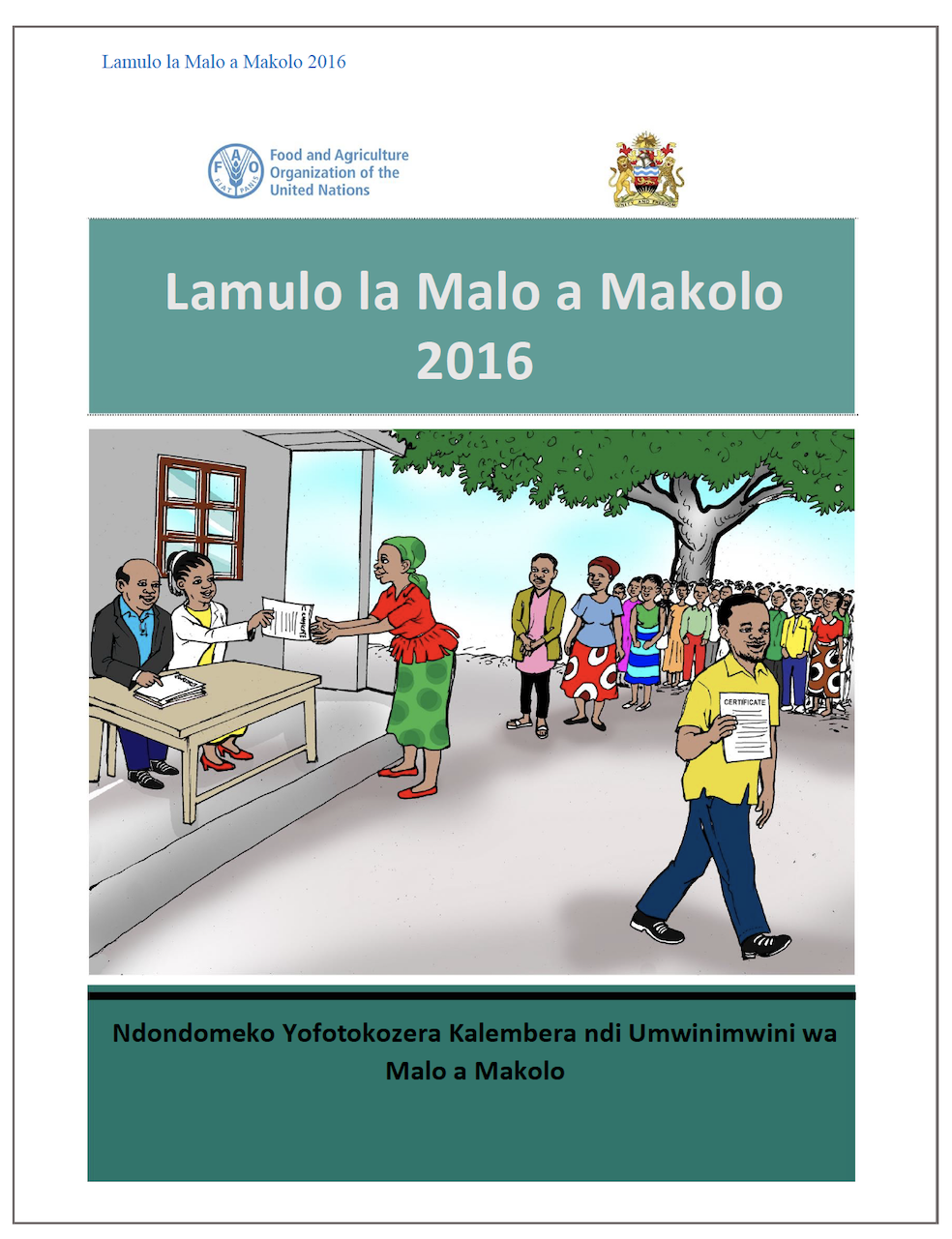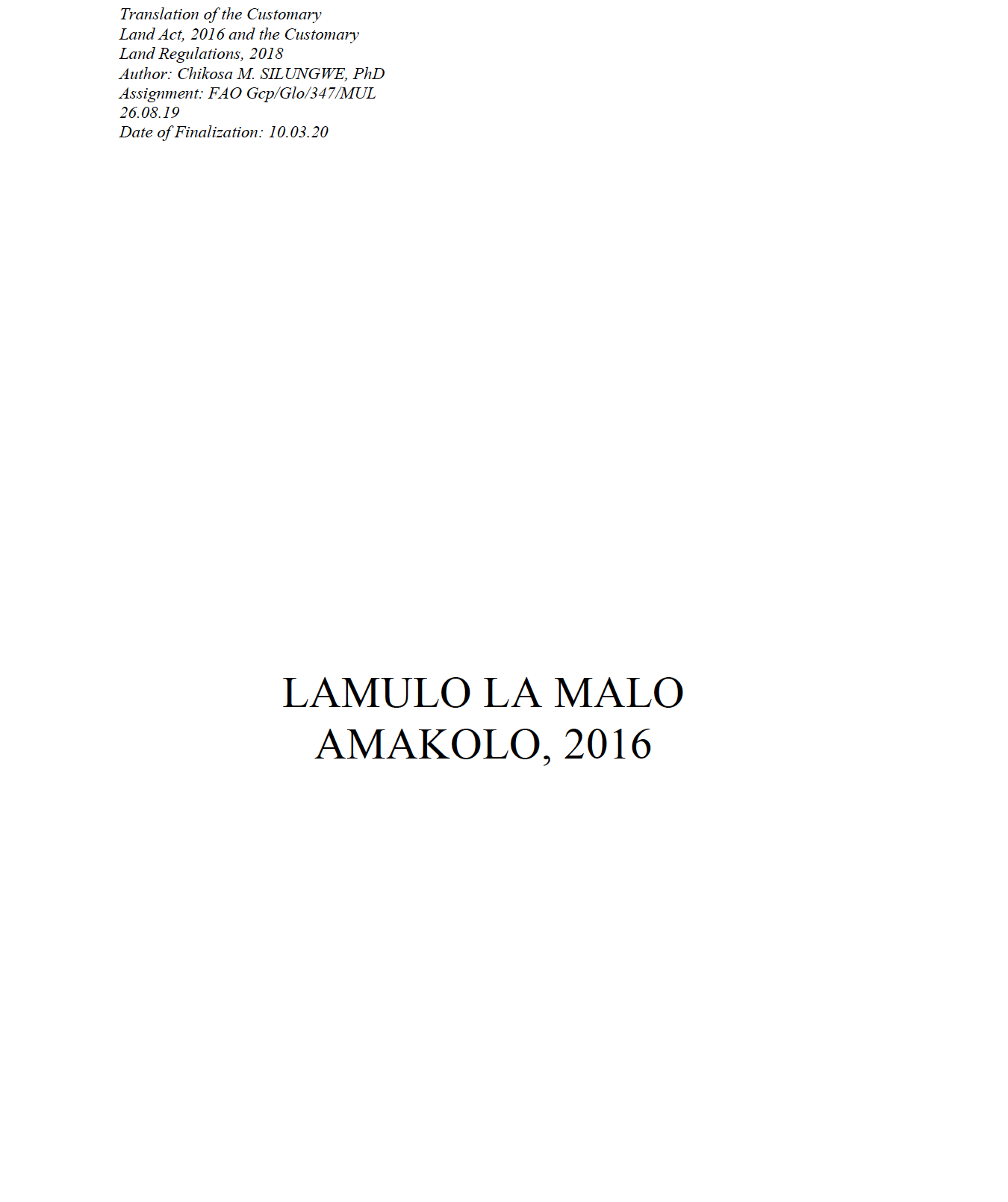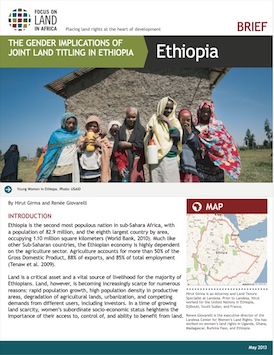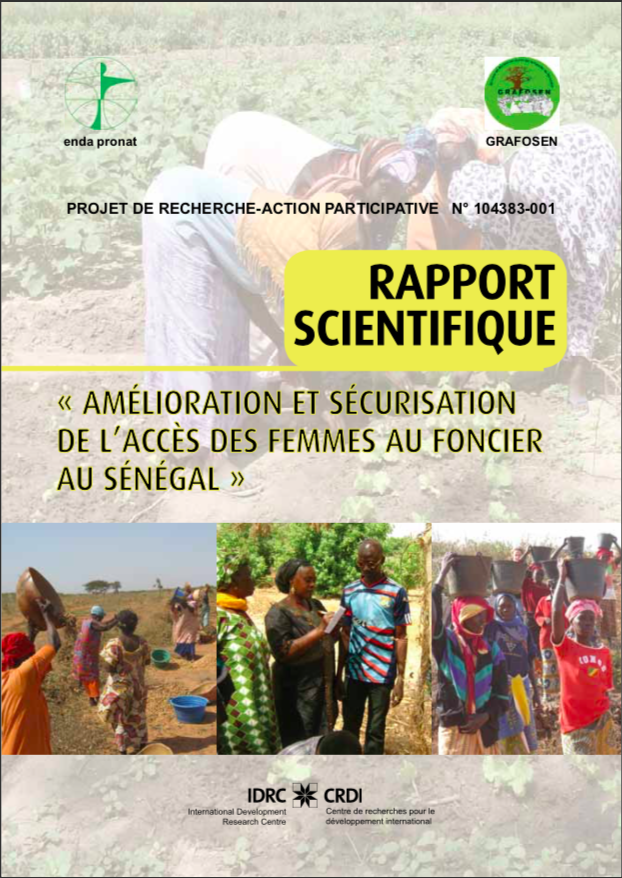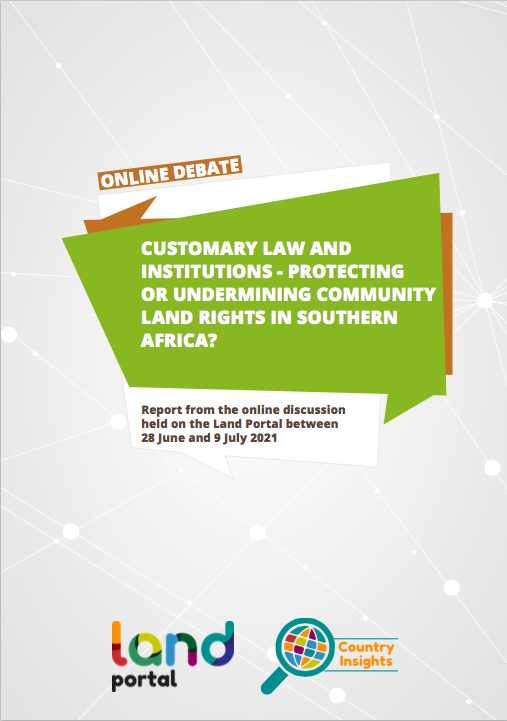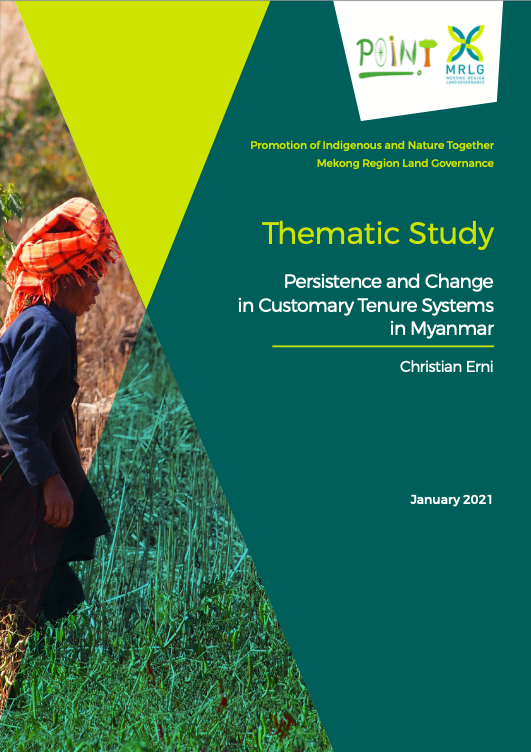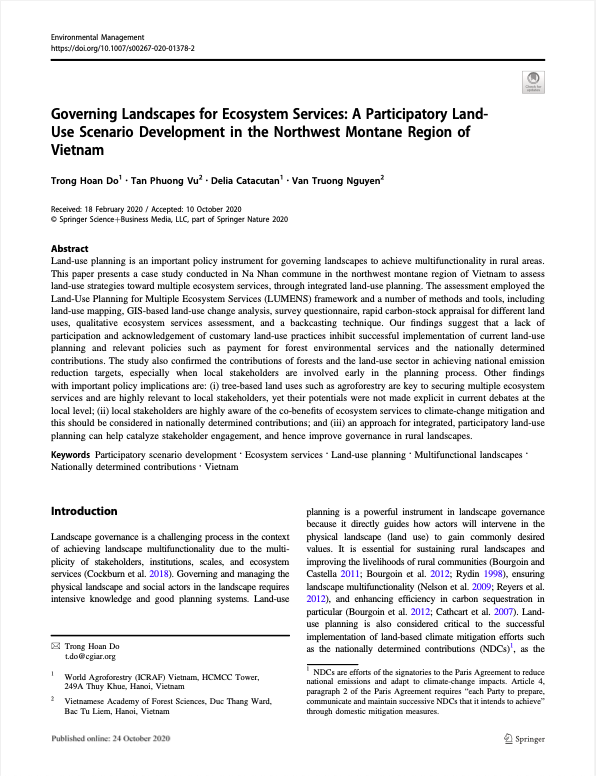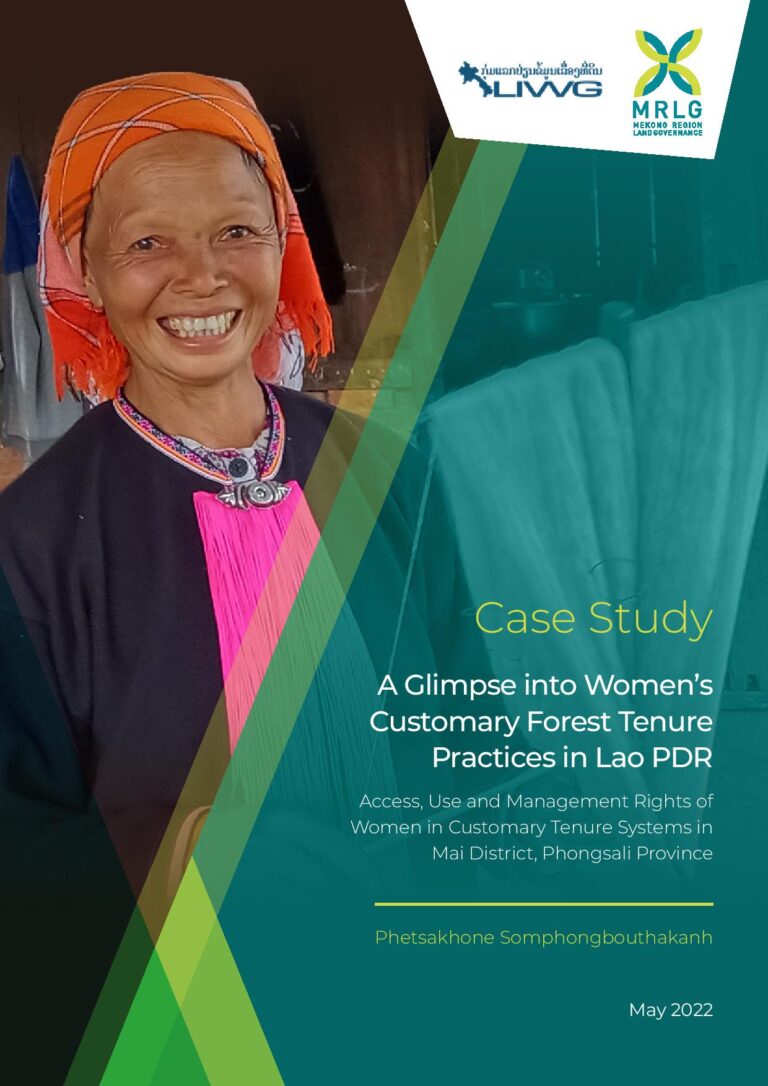The Land Rights in Africa Website is now 20 Years Old!
CIFOR undertook a review of Kenya’s legal framework to understand whether legal provisions were sufficient to secure community land and forest rights. Asks how adequate Kenya’s legal framework was in protecting and promoting tenure rights of forest communities. The law appears to offer adequate security for the tenure rights of forest communities. Forests on communal land are secure;at least on paper. Areas of public gazetted forests claimed by indigenous groups as their customary territory are not well secured by law;but a task force is now addressing this gap.


